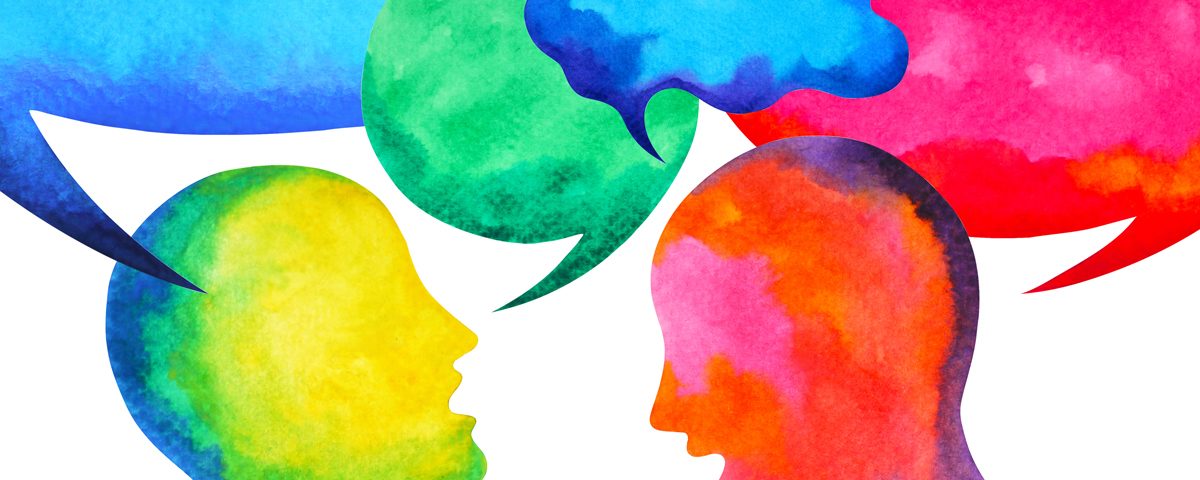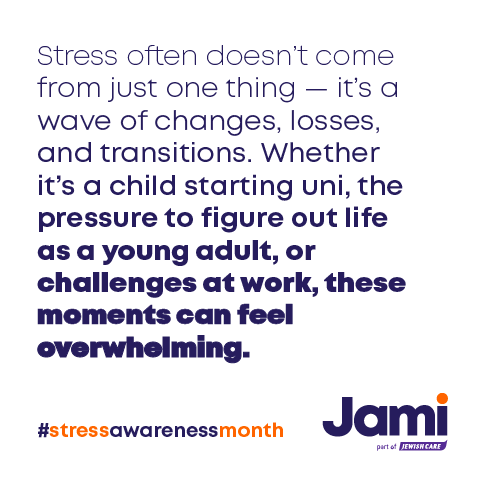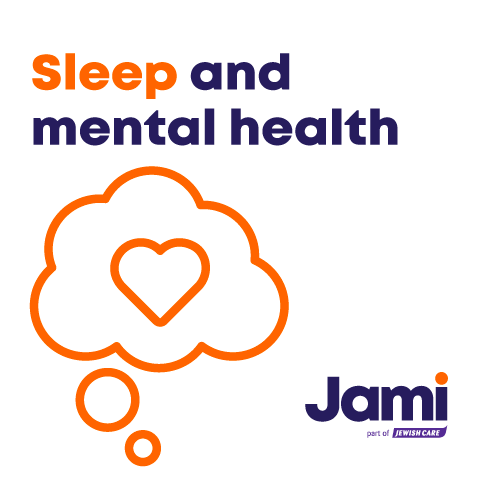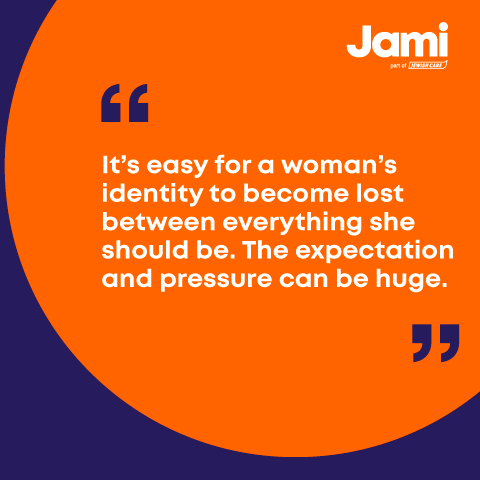
By Adam Ali, Senior Social Worker at Jami
Mental illness affects everyone, but the associated stigma and discrimination often prevents people from seeking help. Men find it particularly difficult to speak about their mental health, so while women are more likely to be diagnosed with a mental illness, in 2017 75% of UK suicides were by men. So why do men keep quiet? Why can’t they speak freely about their mental health? Here’s what the men we spoke to had to say.
Stigma
Men told us, “it’s not mental illness that kills, it’s the stigma associated with it”.
Nearly nine out of ten people with mental health problems say that stigma and discrimination have a negative effect on their lives, and that their problems are made worse by the stigma and discrimination they experience – not only from society, but also from family, friends and employers.
Tackling stigma is one of the most challenging areas of mental health promotion. Ignorance and misinformation lead to the stigma attached to mental illness. Historically, people with mental illness were stereotyped as violent, dangerous and unpredictable.
Making friends, holding down a job, keeping fit, staying healthy… these are all normal parts of life. But the stigma that surrounds mental illness makes all these things harder.
Stigma isolates people and excludes them from day-to-day activities. It prevents people getting – or keeping – a job. And it also prevents people seeking help.
Some men believe they will be shunned and alienated by their peers for having a mental health condition, so they remain silent, denying themselves the support and treatment available.
We can bust some of the myths that contribute to the stigma right here:
“Mental health problems are not that common”
FACT – mental health problems are very common, 25% of us will experience a mental health issue in a given year.
“People with mental health conditions can snap out of it”
FACT – People with mental health conditions aren’t lazy. They are ill.
“Men with mental health problems are weak”
FACT – men who speak up and seek help are strong. They are taking responsibility for their own health and wellbeing and seeking the support and treatment they need.
“People who have a mental illness are violent”
FACT – Someone with a mental health condition is more likely to harm themselves than another person.
Big boys don’t cry
There’s a double whammy when it comes to men and mental illness. Not only do they struggle with the associated stigma, men are also wired to believe that they can’t show emotion. We asked around to see what men thought about the idea that “big boys don’t cry”. They felt that we are still bringing boys up to adhere to what society views as manly – ‘men don’t show emotions (unless it’s anger or frustration)’; ‘men are stoic, they just get on with it’.
One man we spoke to recalls how he coped, before a crisis led to a hospital admission. “I felt everyone was coming at me. My wife, my friends, my boss, it seemed like they were on at me all the time. Inside I was cracking up, but I couldn’t tell anyone. It was like my brain wouldn’t let me speak. So, I started drinking. Just a can at night to help me sleep, then it became two and then three. I still don’t know what happened that night, but I ended up in hospital. I’ve since learnt that my behaviour was typical of men. I couldn’t talk about my mental health because I thought that made me weak. Self-medicating with alcohol was a way of numbing the pain.”
Engaging in this kind of behaviour is not unusual. Picking fights, engaging in risky sexual activity and substance misuse are all ways in which men try to cope with their deteriorating mental health. Then there’s self-harm. A 2017 YouGov poll commissioned by leading youth charities The Mix, Self-Harm UK and Young Minds, found that one in four young men are turning to self-harm as a result of depression, anxiety and stress. Of the 500 men aged 16 to 24 surveyed, 24% said they had intentionally hurt themselves.
We asked Jonny Benjamin MBE (mental health campaigner, writer, filmmaker and public speaker) for his thoughts and here’s what he told us:
“When I visit schools and universities to give talks about my own experience of mental illness, I’m amazed at how many young men come up to me afterwards to disclose their own mental health issues. For many of them it is the first time they’ve ever opened up to anyone”.
“I think there is something very powerful about males seeing other males show vulnerability in a world where men all too often grow up hearing messages such as “man up” and “big boys don’t cry.”
Awareness campaigns don’t ‘speak’ to men
Several campaigns have emerged encouraging men to talk about their mental health. The Duke of Cambridge recently spoke to premier league footballers about their mental health struggles and Time to Change campaigns have centred around rugby players and boxers.
The message is clear, men need to talk about their mental health. But do all men relate to football, rugby and boxing? Are we at risk of stereotyping men? Research carried out by the Man Therapy mental health campaign in America suggests that men respond better to humour and “softer mental health language”. Once they engage, they are eager to know more, but the skill is finding a vehicle to engage men with in the first place. It’s a tricky issue. Go with the norm i.e. men like football, or find another way?
So while it’s clear that stigma is slowly reducing and more public male figures are speaking out about their own mental health issues, there remains a significant number of men who feel unable to speak to a friend or professional about potentially serious symptoms.
This blog was originally published on The Jewish Chronicle for International Men’s Day, November 2019
Organisations that can help
If you need support or want to learn more about men’s mental health, here’s where to find help:
CALM – Campaign Against Living Miserably for men
Nationwide: 0800 58 58 58
London callers: 0808 802 58 58
Opening hours 5pm – midnight every day
Web chat: www.thecalmzone.net/help/webchat/
Qwell – Free, safe online counselling and emotional wellbeing service. Join immediately and anonymously through any smartphone, tablet or computer: https://www.qwell.io/jami
Shout – A 24/7 free text service for anyone in crisis, if you’re struggling to cope or need immediate help. Text Jami to 85258
Samaritans
Call 116 123
Email jo@samaritans.org
Jami is the specialist provider of mental health services for the Jewish community
Call 020 8458 2223 or visit https://jamiuk.org


